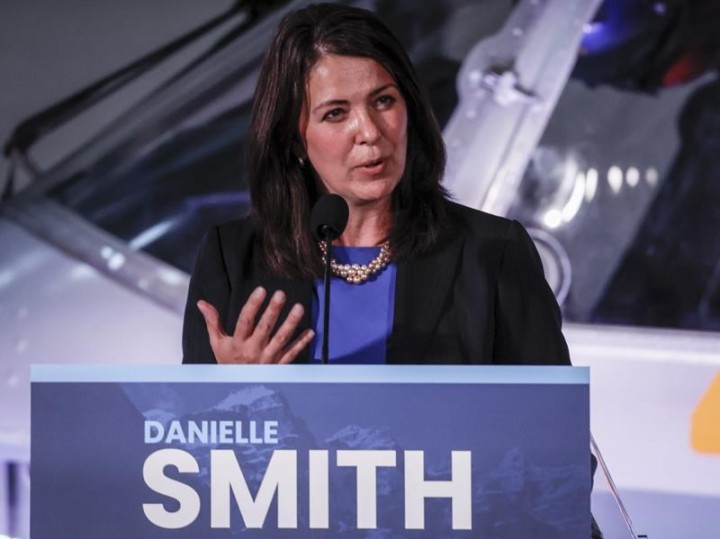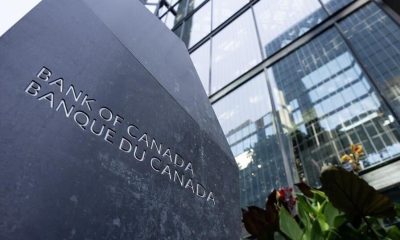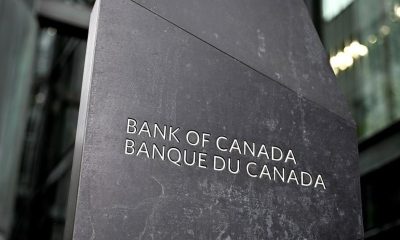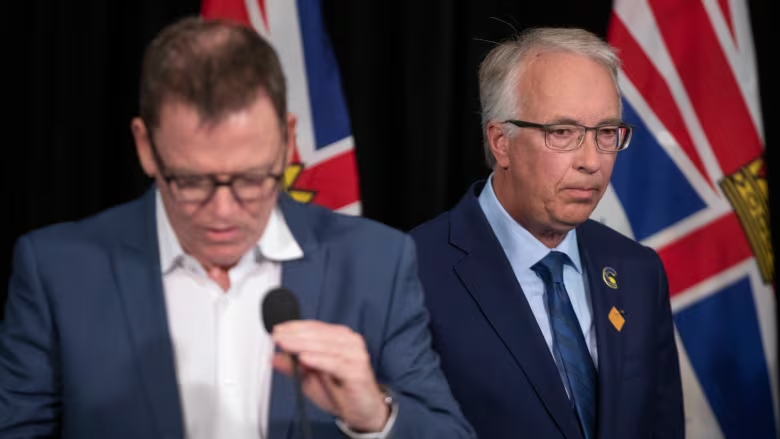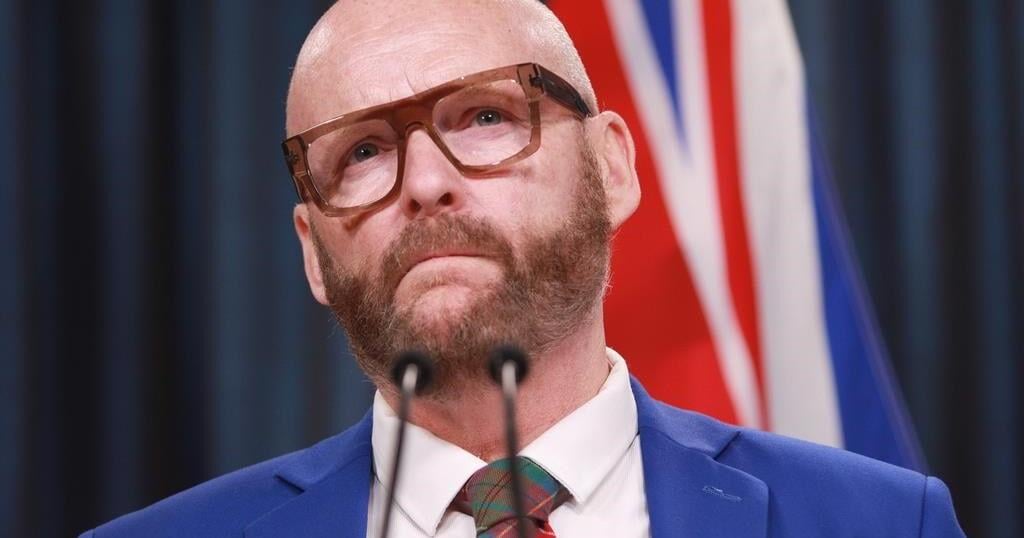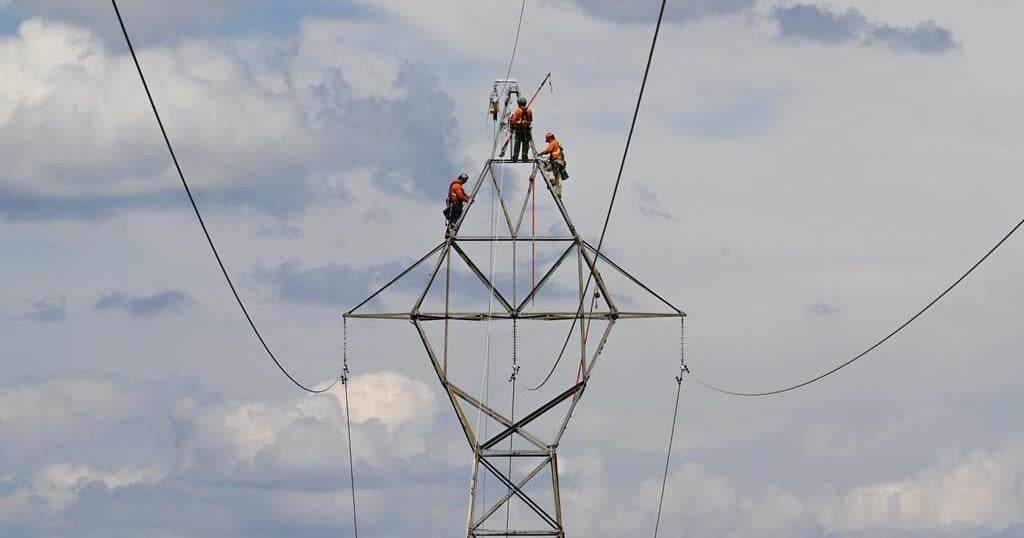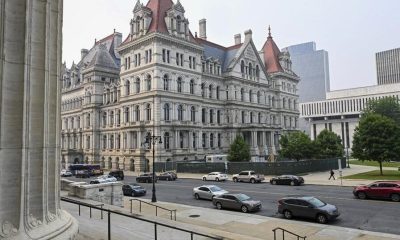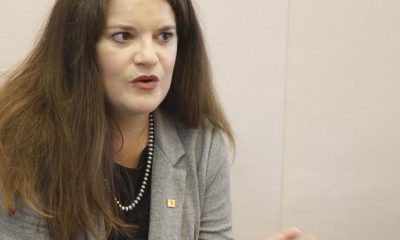EDMONTON — More than half the candidates in the race to replace Premier Jason Kenney are raising the alarm over a rival’s plan to proclaim Alberta would reject federal laws and court decisions deemed against the province’s interests.
The four say the Alberta sovereignty act proposal by candidate Danielle Smith is resonating with United Conservative Party members and they have a duty to speak out on it.
They call it a dangerous exploitation of latent anti-Ottawa anger and a backdoor separation bid that cannot succeed and would instead further inflame and divide the party and the province.
“The consequence will be (Smith) will have a caucus that will be standing up against the leader,” candidate Leela Aheer told reporters Thursday in Calgary.
“If Danielle Smith wins this (race), I plan to stay on, and I plan to fight this.
“We could very, very easily end up in another leadership race again,” she added.
The four UCP caucus members said they won’t vote for Smith’s proposed Alberta sovereignty act and questioned whether it would even gain enough votes to pass in the house.
“There would be extreme division within caucus. There could be a split in the party,” said Rajan Sawhney.
Brian Jean equated Smith’s plan to shouting “Freedom!” to rile up party members.
“It feeds on the anger but accomplishes absolutely nothing because there’s no pathway except through negotiations and the Constitution being opened,” said Jean.
“After the fantasy is over, and we’ve had our bedtime story — our fairy tale — then what? Because you’re going to wake up in the morning and it’s still going to be the same, except you’re going to be a lot angrier.”
Sawhney said if Smith wants to challenge Ottawa through the Constitution, she can do so now through the courts and through the Charter’s notwithstanding clause.
“(Smith’s plan) is flagrantly unconstitutional and it flirts with separatism,” she said.
Travis Toews said the bill would create a legal vacuum, sending investors fleeing and stranding business owners between conflicting federal and provincial laws.
“Alberta must stand up to Ottawa and protect our interests, but the sovereignty act is not the way we win,” said Toews.
Smith responded in a written statement.
“I entirely trust the judgment of our UCP membership to select the leader they feel will best defend them against Ottawa’s continued unconstitutional attacks,” she wrote.
“I will respect their decision when it is made. I would expect my future caucus colleagues to do the same.”
All seven candidates have promised varying polices for Alberta to gain a better deal with the federal government when it comes to a range of grievances from energy policy to equalization payments.
Smith has been drawing large crowds at party events and is seen as a front-runner to replace Kenney. Ballots were issued last week and a winner is to be announced Oct. 6.
Candidate Todd Loewen’s policy proposals have been similar to those of Smith.
Rebecca Schulz, the former children’s services minister, did not join the others at Thursday’s event.
In a statement, Schulz reiterated she is against the sovereignty act. She said if it’s introduced, Smith’s signature bill would be rejected by the UCP caucus, resulting in yet another party leadership race.
Political scientist Duane Bratt said having half the candidates jointly challenge a policy proposal is highly unusual for a race and speaks to the looming legal and political implications of Smith’s plan.
Bratt also criticized Schulz’s non-appearance.
He said Schulz appeared to be trying to position herself in safe political middle ground by criticizing Smith in print while avoiding being visually linked to the four by appearing at the event.
“There is no neutrality (on this issue),” said Bratt, with Mount Royal University in Calgary. “(Schulz) is playing leadership games with an issue that is too important.”
Legal experts have criticized Smith’s proposal as not only illegal but as a fundamental attack on the rule of law and the checks and balances that underpin a democracy.
Kenney has said he won’t vote for the proposal and Lieut.-Gov. Salma Lakhani announced last week she is duty-bound to refuse to sign into law a bill that violates the Constitution.
Smith has promised her bill would challenge the Constitution in a constitutionally acceptable way, but she has not explained how.
This report by The Canadian Press was first published Sept. 8, 2022.
Dean Bennett, The Canadian Press
Related

